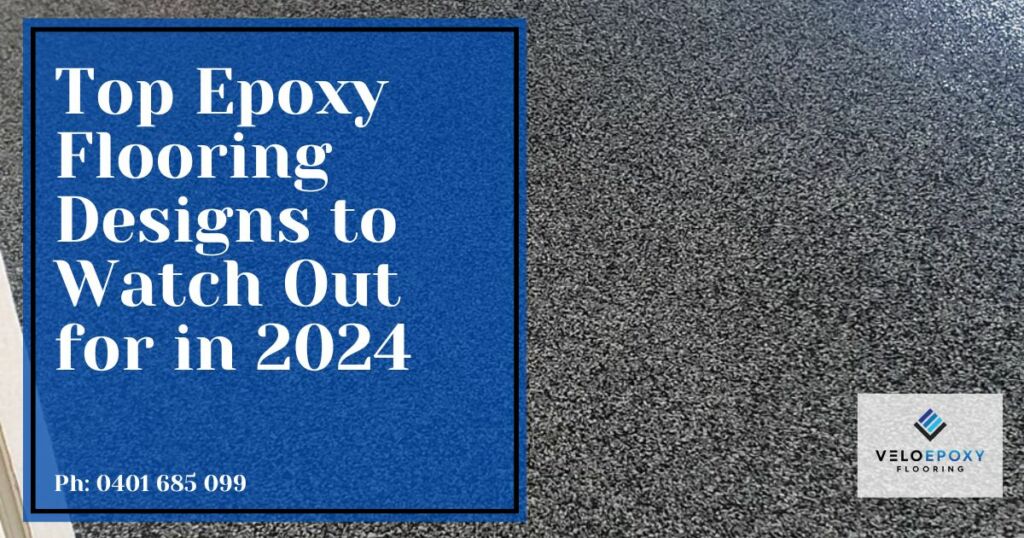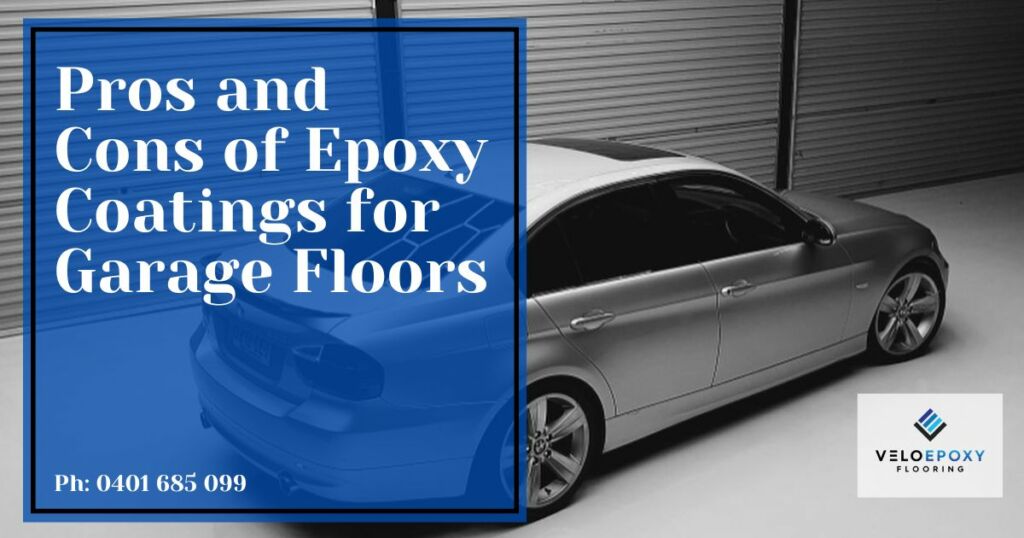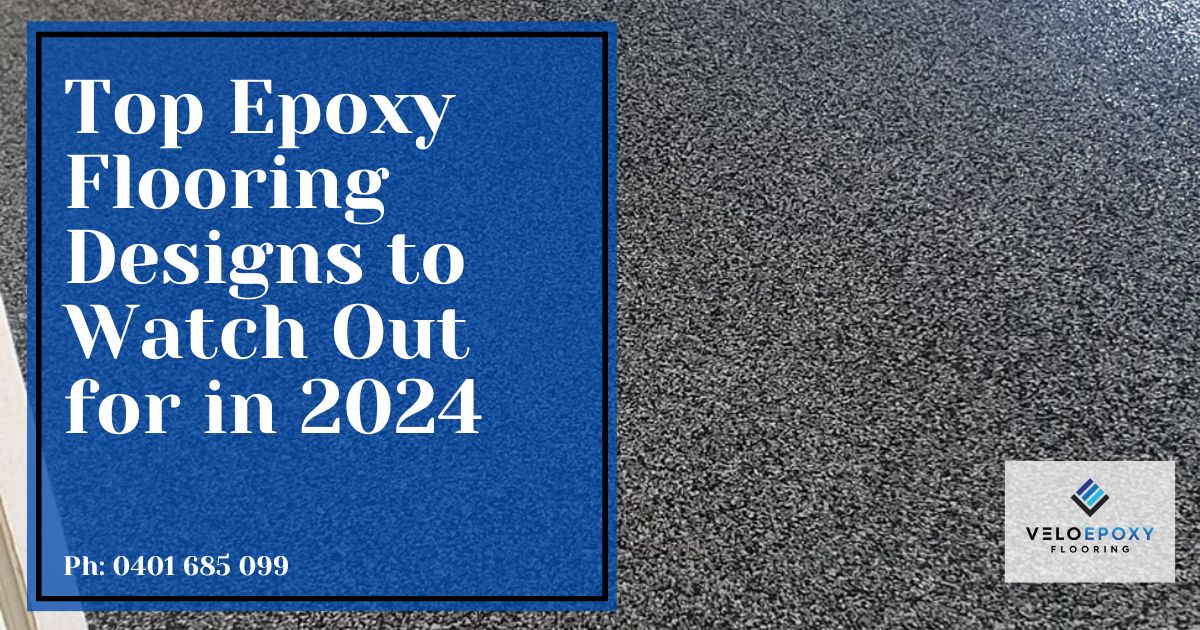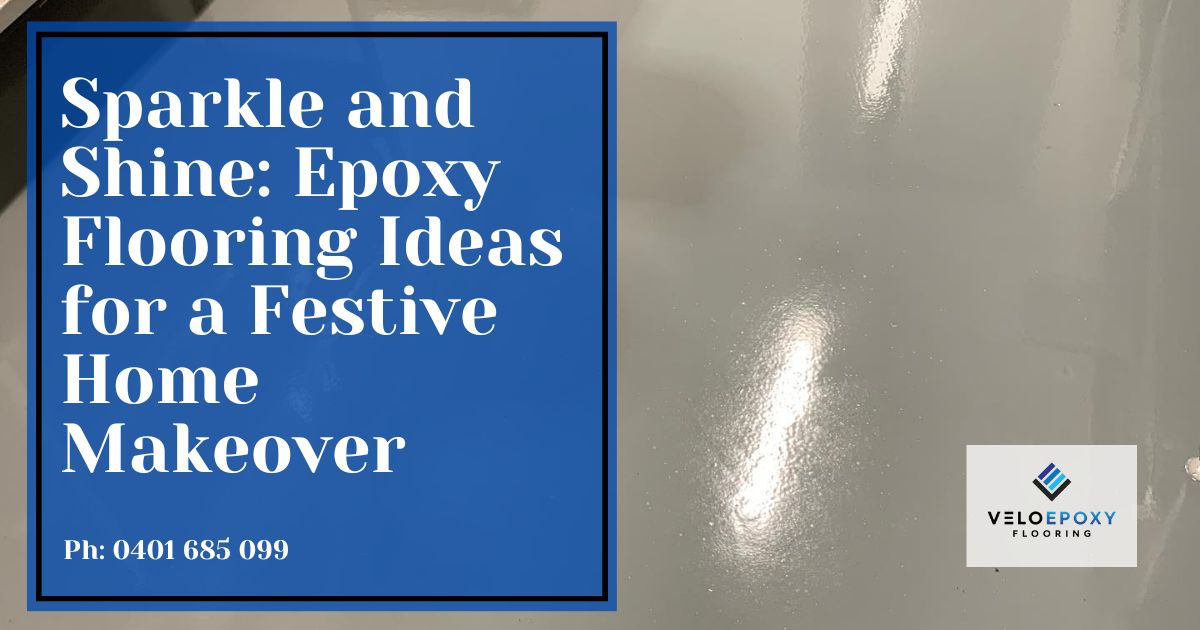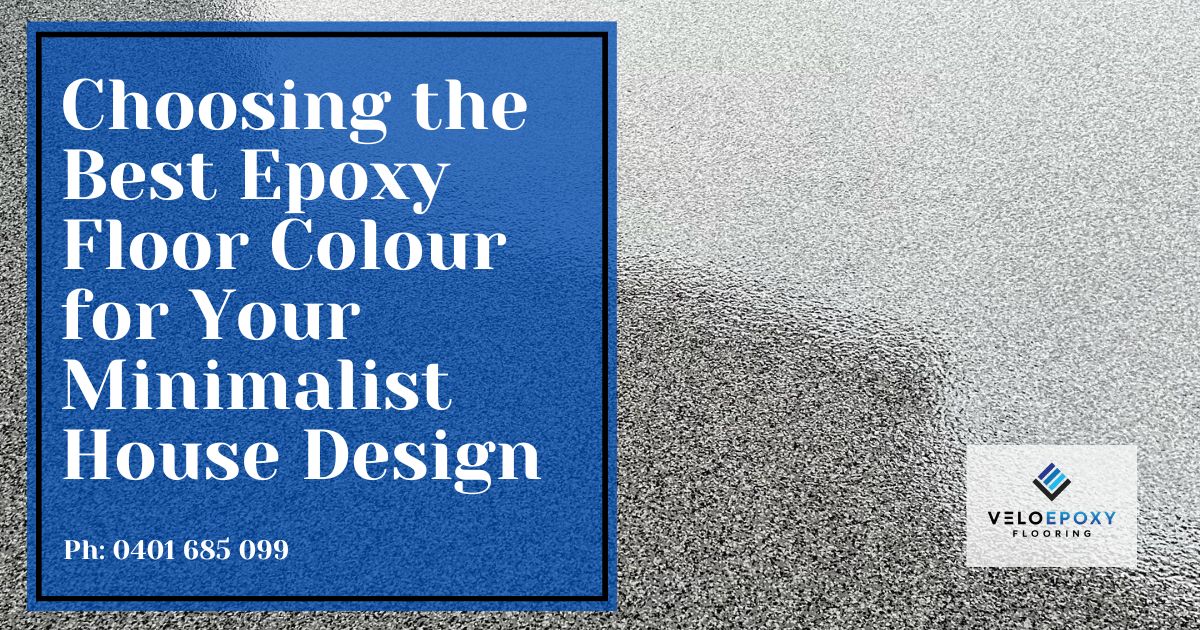How Much Does Epoxy Flooring Cost in Adelaide?
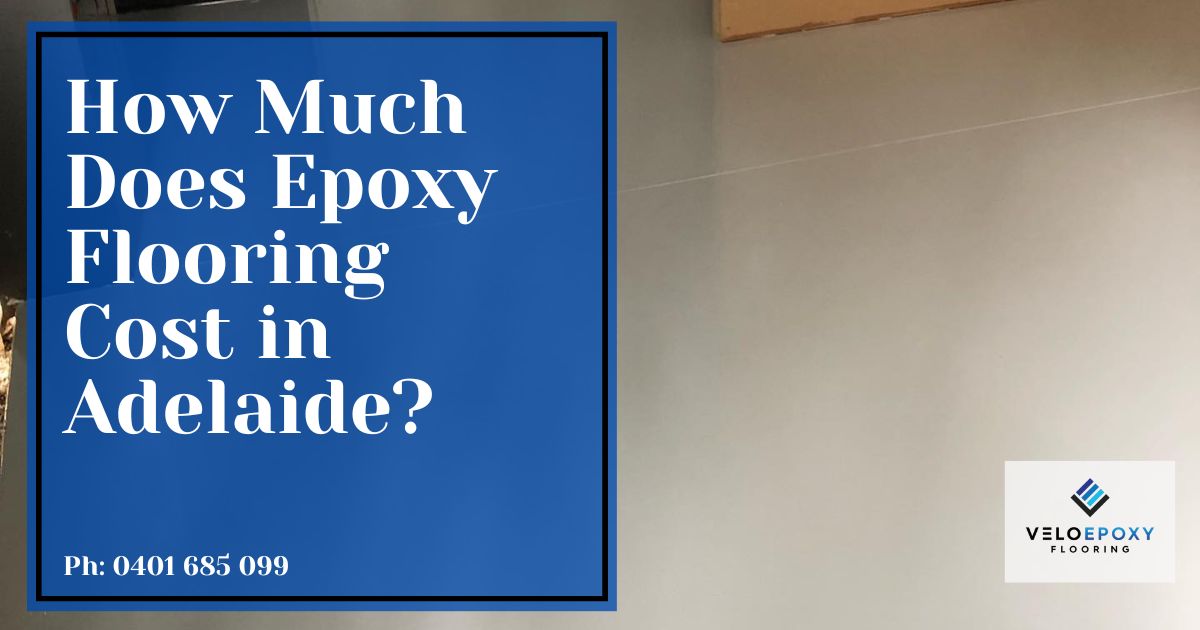
Are you considering epoxy flooring for your residential, commercial, or industrial space but need to determine the cost?
Several factors influence the cost of epoxy flooring in Adelaide, making it crucial for business owners to understand these before undertaking an epoxy flooring project.
#1. THE SIZE OF THE AREA
When considering the cost of epoxy flooring, it’s essential to understand how the size of the area impacts the budget. For larger spaces, the price increases due to the higher quantity of materials required and the additional labour time needed for application, resulting in a more substantial overall expense. This complexity and time investment in applying the epoxy coating to vast areas are significant factors in the cost.
For smaller spaces, opting for intricate designs like metallic or 3D epoxy floors adds a unique charm without a steep rise in price. High-quality brands such as Epoxy-Coat or Sikafloor are often chosen for these designs, transforming a room into a notable home feature. A preference for uniform and subtle designs is common in larger residential areas. These can harmonise with the room’s size, with options such as solid colours or simple patterns from brands like Rust-Oleum or Dur-A-Flex, ensuring durability and a sleek look.
In contrast, expansive industrial areas prioritise functionality and durability. Heavy-duty epoxy coatings, capable of enduring high traffic, chemicals, and abrasion, are essential. Industrial-grade options from EpoxyMaster or ArmorPoxy are suited for these environments, offering a clean, professional look. Popular choices in industrial settings tend to be solid, neutral colours or straightforward, high-contrast patterns that help demarcate different zones.
Here’s a general idea about the cost of epoxy flooring in a small area:
The cost of applying epoxy flooring in a 100-square-metre home in Adelaide can vary significantly based on factors such as the condition of the existing floor, the type of epoxy used, and any additional features or customisations.
On average, prices range from $30 to $100 per square metre, translating to an estimated total cost of $3,000 to $10,000 for a 100-square-metre area. The process typically requires at least 2-3 days for preparation, application, and drying.
However, it’s essential to allow a whole week for the epoxy to fully cure and harden before any heavy usage to ensure the best result and longevity of the floor coating.
#2. THE CONDITION OF THE EXISTING FLOOR
Understanding the Impact of Floor Condition on Epoxy Flooring Costs
The condition of the existing floor significantly influences the overall costs involved in applying epoxy flooring, especially in regions like Adelaide. This stems from the preparation required for a durable epoxy finish.
Here’s a breakdown of how floor condition affects costs:
- Preparation and Repairs: A clean, slightly porous, and defect-free surface is crucial for the epoxy coating to adhere correctly and endure over time. Floors with any cracks, holes, or uneven surfaces necessitate prior rectification. This may involve:
- Patching cracks
- Grinding down high points
- Filling in holes
- Cleaning Requirements: Beyond physical defects, floors marred with oil stains, grease, or existing coatings require thorough cleaning or removal. This step is essential to prepare the surface for epoxy application.
- Labour and Material Costs: Addressing these issues requires additional labour and materials, contributing to higher overall costs. The extent of preparation or repairs can significantly impact the budget.
- Timeline: The duration of these preparatory works can vary. However, with skilled professionals, minor to moderate floor repairs can usually be completed within a few days. This expedient preparation ensures the floor is ready for the epoxy coating application swiftly and efficiently, minimising downtime.
A floor needing extensive preparation or repairs before applying epoxy will inevitably lead to increased costs due to the extra labour and materials required.
#3. THE TYPE OF EPOXY USED
The type of epoxy used significantly influences the cost of epoxy flooring installations owing to the diverse range of epoxy materials available, each offering unique benefits and tailored for specific uses.
- Standard Epoxy: Standard epoxy is often used in residential garages, basements, and commercial spaces due to its robustness and simple aesthetic appeal. It provides a solid-coloured finish and is known for its durability.
- Metallic Epoxy: This type is famous for its unique, marbled effect, making it a favourite for showrooms, retail spaces, and high-end residential areas. Its reflective properties add depth and dimension to floors.
- Quartz-Filled Epoxy: This option integrates quartz grains with epoxy, creating a slip-resistant surface ideal for areas requiring extra grip and safety, such as industrial kitchens, locker rooms, and schools.
- Epoxy Flake Flooring: Epoxy flake flooring boasts a vibrant, textured appearance and is suitable for homes and businesses seeking hygienic, durable surfaces. Its customisability and resilience make it an excellent, versatile flooring choice.
Each type of epoxy flooring offers unique benefits and aesthetics suitable for various applications, from industrial to residential spaces. These costs are indicative and can vary based on factors previously discussed.
Applying two coats of epoxy on a prepared concrete floor costs about $30-$35 per square metre.
If you include the price for diamond grinding preparation and a decorative finish, like flake embellishments, costs may rise to between $80-$100 per square metre.
Epoxy flooring prices are sometimes listed per litre, with solvent-based solutions costing $12-$37, water-based $15-$20, and colour tints at $75 per litre.
When priced per square metre, epoxy flake flooring costs $40-$60, metallic flake $60-$120, and acrylic flake $60-$90.
Generally, larger areas tend to have lower rates due to economies of scale, particularly in garage setups, where the surface must be diamond ground and receive two epoxy coats. A single-car garage is around $80 per m², while a double-car garage may cost about $50 per m².
The cost of installing these epoxy types varies, with standard epoxy being the most affordable and metallic and self-levelling epoxies at the higher end of the price spectrum. The choice among these depends on the space’s specific requirements, including the desired aesthetics, the level of foot traffic, and the necessity for resistance to chemicals or abrasions.
#4. THE COMPLEXITY OF THE DESIGN
The complexity of the design significantly influences the cost of epoxy flooring due to the additional time, skills, and materials required.
Designs that involve multiple colours, intricate patterns, or customised motifs necessitate careful planning, precision, and, sometimes, advanced application techniques.
These bespoke designs can transform a floor into a unique feature or artistic statement, making them ideal for spaces where aesthetics are paramount, such as showrooms, retail environments, and residential living areas.
A complex design can reinforce brand identity for businesses by incorporating logos or specific colour schemes. While these enhancements contribute to the visual appeal and uniqueness of the space, they necessitate a higher level of craftsmanship and, thus, incur a more significant expense.
#5. LOCATION & COMPANY TO HANDLE THE EPOXY FLOORING PROJECT
The location plays a crucial role in determining the cost of epoxy flooring, primarily due to variations in the cost of living, availability of materials, and local labour rates.
In regions where the cost of living is higher, the prices of materials and labour tend to be more expensive, directly influencing the overall cost of installing epoxy flooring. Furthermore, the accessibility of epoxy materials can vary significantly between locations. Areas closer to suppliers or manufacturers might enjoy lower prices due to reduced shipping costs. Choosing a local epoxy flooring expert can mitigate some of these costs.
Local professionals will likely have better access to materials at competitive prices and may offer lower labour rates – like Velo Epoxy Flooring as we cover the whole of Adelaide.
Additionally, local experts possess knowledge of the local climate conditions, which can impact the selection and application of epoxy flooring, ensuring a more durable and suitable installation for the specific environment.
In conclusion, when considering epoxy flooring for your space in Adelaide, it is essential to consider various factors that can affect the overall cost. By understanding these factors and consulting with a professional – like Velo Epoxy Flooring, you can make an informed decision and ensure the best results for your epoxy flooring project.
